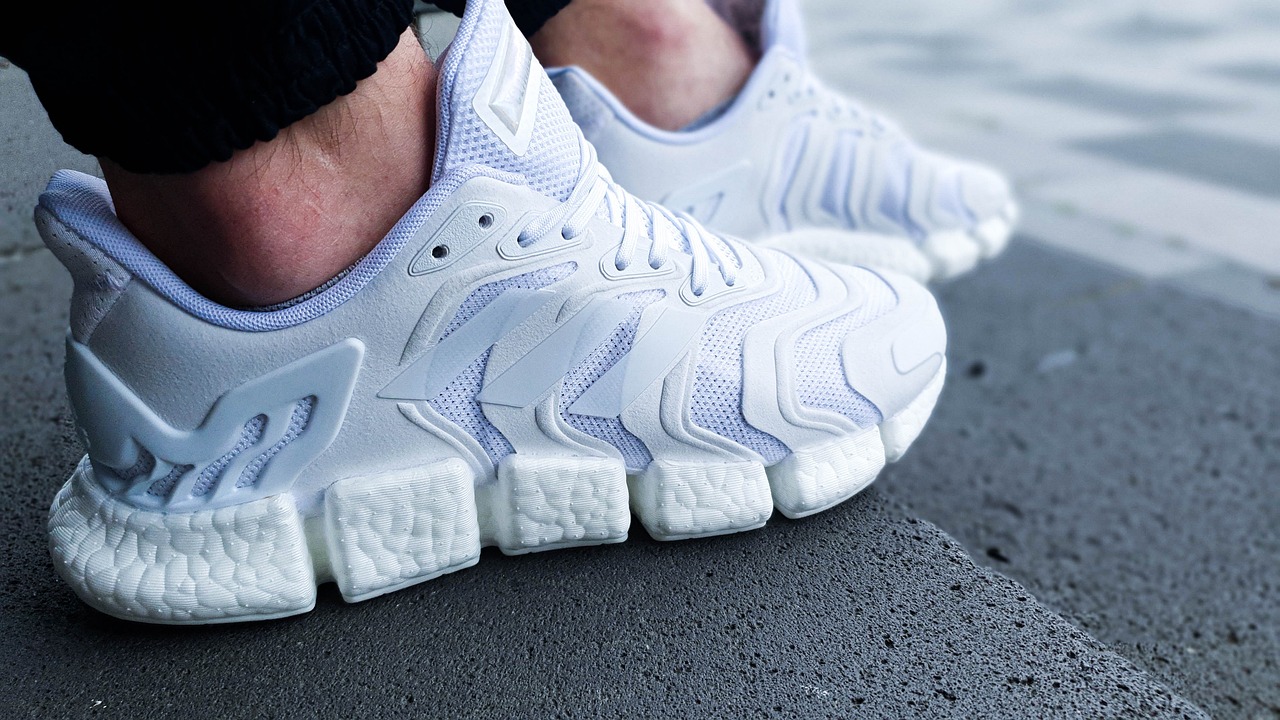Sustainable Practices in Custom Tailoring Supply Chains
all panal.com, get cricket id, gold 365: In today’s fast-paced fashion industry, sustainability is becoming increasingly important. As consumers become more aware of the environmental and social impacts of their clothing purchases, custom tailoring supply chains are also shifting towards more sustainable practices.
Sustainable practices in custom tailoring supply chains involve a range of measures aimed at reducing waste, conserving resources, and improving working conditions. From sourcing eco-friendly fabrics to implementing ethical labor practices, there are many ways that custom tailors can make their supply chains more sustainable.
One key aspect of sustainable custom tailoring supply chains is the use of eco-friendly fabrics. Traditional fabrics like cotton can be resource-intensive to produce, requiring large amounts of water, pesticides, and other chemicals. By using organic cotton, hemp, bamboo, or other sustainable fabrics, custom tailors can reduce their environmental footprint and offer customers more sustainable options.
Another important aspect of sustainability in custom tailoring supply chains is ethical labor practices. Many clothing factories around the world have poor working conditions and low wages, leading to exploitation of workers. By working with suppliers that adhere to fair labor practices and provide safe working conditions, custom tailors can ensure that their products are ethically made.
In addition to sourcing sustainable fabrics and promoting ethical labor practices, custom tailors can also reduce waste in their supply chains. By using digital technologies like 3D body scanning and computer-aided design, custom tailors can minimize fabric waste and create more efficient production processes. Recycling and upcycling fabrics can also help reduce waste and create unique, one-of-a-kind pieces for customers.
Overall, sustainable practices in custom tailoring supply chains are essential for the future of the fashion industry. By adopting eco-friendly fabrics, promoting ethical labor practices, and reducing waste, custom tailors can make a positive impact on the environment and society.
FAQs:
Q: Are sustainable fabrics more expensive?
A: In some cases, sustainable fabrics can be more expensive due to the cost of production and sourcing. However, as demand for sustainable fabrics grows, prices are becoming more competitive.
Q: How can I know if a custom tailor is using sustainable practices?
A: Look for certifications like GOTS (Global Organic Textile Standard) or Fair Trade to ensure that a custom tailor is using sustainable practices in their supply chain.
Q: Can custom tailors recycle old garments?
A: Yes, many custom tailors offer services to recycle and upcycle old garments into new pieces. This not only reduces waste but also gives new life to old clothing.







